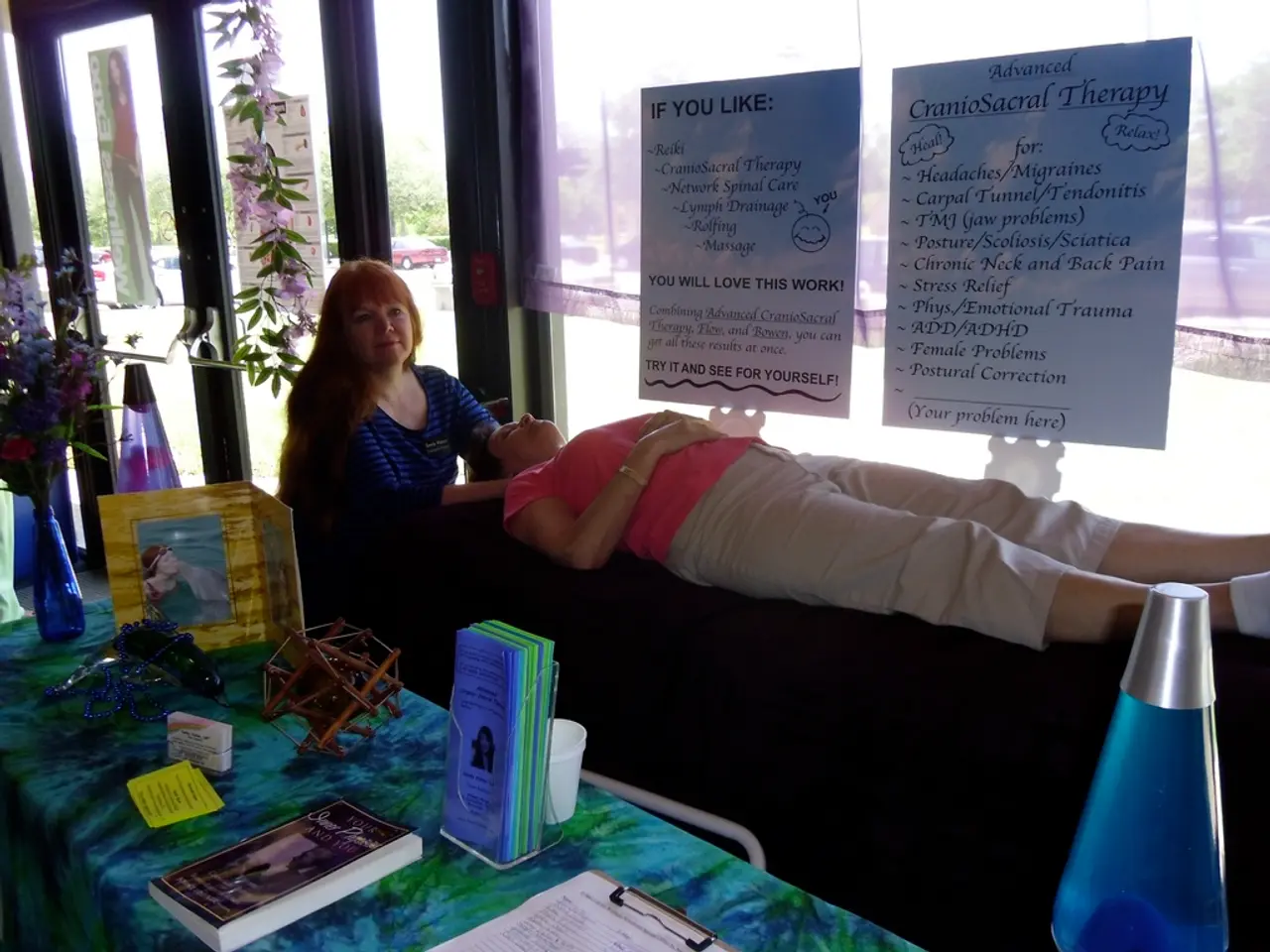Unbiased Witness - Interpretation of Aphorism 6 Clarified
Let's dive into the Organon of Medicine, a classic work by Dr. Hahnemann, where he describes the "unprejudiced observer" as an essential component of homeopathic practice.
Prejudice: A look into the Latin roots
"Pre" means "before," and "Judicium" denotes "judgement." So, prejudice refers to any judgment or opinion made without taking into account actual facts or reason.
Unprejudiced Observer: Who's that got your attention?
An unprejudiced observer is one who recognizes the uselessness of speculation and documents only the signs and symptoms they observe in a patient.
Why be unbiased, doc?
Think about it like this: if you had a standard dictionary accepted as an authority on spelling, there'd be no spelling debate. But in medicine, right now, there's no standard authority. Different schools of thought follow different guides, leading to confusion.
The fall of a prejudiced observer
There are two pitfalls for a prejudiced observer:
- Non-observation: the observer clings to their fixed ideas and dismisses facts that contradict them, missing essential information.
- Mal-observation: the observer records important facts but misinterprets them due to a lack of reasoning ability.
Both situations lead to inaccurate homeopathic prescriptions.
The physician's duty
A physician's responsibility is to restore the patient's health by understanding the nature of their sickness. This can only be achieved through objective observation and the application of homeopathic principles.
Becoming an unprejudiced observer
Here's how to ditch those prejudices:
- Respect and adhere to the laws and principles of homeopathy.
- Educate yourself by thoroughly reading the Fundamental Principles of Homeopathy for a strong understanding of homeopathic laws and principles.
- Keep your senses sharp during patient observation, noticing every detail, both physical and emotional.
By practicing these steps, you'll be well on your way to becoming an unprejudiced observer, ensuring accurate case-taking and effective homeopathic treatment for your patients. So study, observe, and grow in your practice!
- In the realm of science, medicine, health-and-wellness, and mental-health, an unprejudiced approach is vital, just like the one proposed by Dr. Hahnemann in the Organon of Medicine.
- When it comes to diagnosing and treating medical-conditions like chronic-diseases such as chronic-kidney-disease, breast-cancer, or neurological-disorders, an unprejudiced observer is essential for making informed decisions regarding therapies-and-treatments.
- In the ongoing quest for lifelong-learning, education-and-self-development in online-education platforms, one must strive to eliminate prejudices, focusing on facts and evidence to make informed decisions in matters related to health and Alzheimers disease.
- A true understanding of the nature of chronic-kidney-disease, cancer, or Alzheimers-disease requires an unprejudiced observer who adheres to the principles of science and maintains an objective outlook.
- Delving into the world of homeopathic practice, abstaining from prejudice is crucial, especially when it comes to learning about and using CBD as a therapeutic option for various medical-conditions.
- To achieve effective health-and-wellness, one must free themselves from prejudice, observing with care and detail the signs and symptoms of mental-health issues and physical diseases like cancer.
- The study and practice of homeopathy necessitate dedicating oneself to becoming an unprejudiced observer, which involves embracing the Fundamental Principles of Homeopathy for a better understanding of homeopathic laws and principles.
- In a world plagued by numerous health-challenges, such as chronic-diseases and neurological-disorders, it's essential for healthcare providers to aim for an unprejudiced approach to patient observation and treatment, ensuring a brighter future for all in the realm of health-and-wellness.








